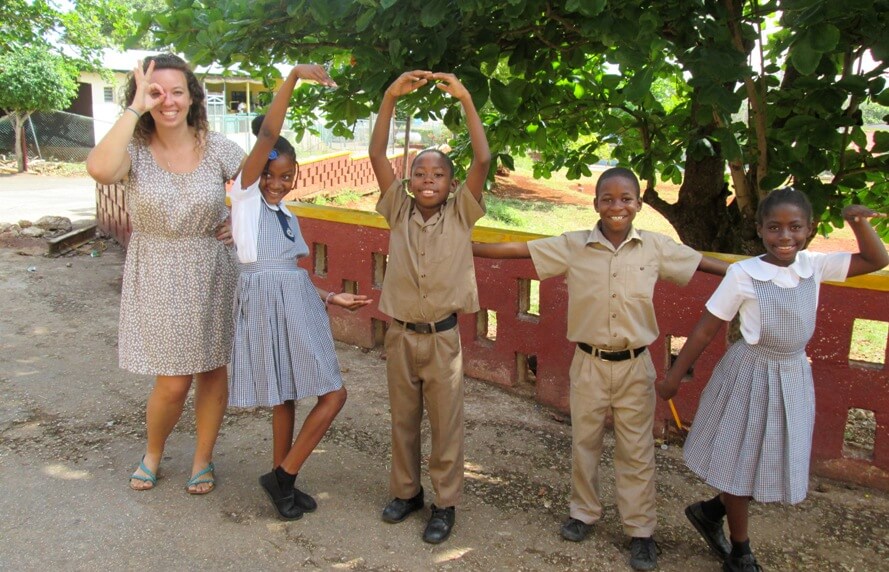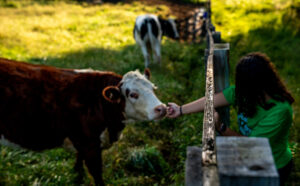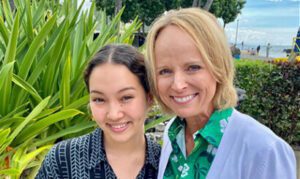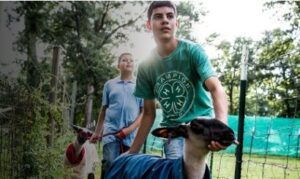It’s so easy to forget the meaning of words that we often recite. I’m no different; as a lifelong 4-H'er, I’ve recited the 4-H pledge too many times to count. I’ve literally gone through the motions of the pledge. At every meeting and gathering, we pledge parts of ourselves for the good of the whole, which is something radical in our often too individualistic society. The first time I heard the 4-H pledge at a meeting in rural Jamaica, I was struck by how meaningful these words really are.
It’s funny. After my 10-year 4-H career ended in America, I always knew I’d be involved in 4-H in some capacity, as a volunteer leader or livestock judging coach, but if Peace Corps service has taught me anything, it’s to expect the unexpected. Never in my wildest dreams did I think I’d be teaching rural Jamaican youth about water conservation, how to compost, select cattle, or knit, all as part of 4-H.
4-H began in Jamaica in 1944, even before the country gained its independence from the United Kingdom in 1962. The role of Jamaica 4-H has changed and evolved through the years, but it is currently the “youth arm of the Ministry of Agriculture.” Jamaica 4-H seeks to get youth more involved in agriculture, an extremely important task as the average age of a Jamaican farmer climbs every year. We also encourage sustainable agriculture practices, like composting and rotational planting, to combat the deeply felt impacts of climate change.
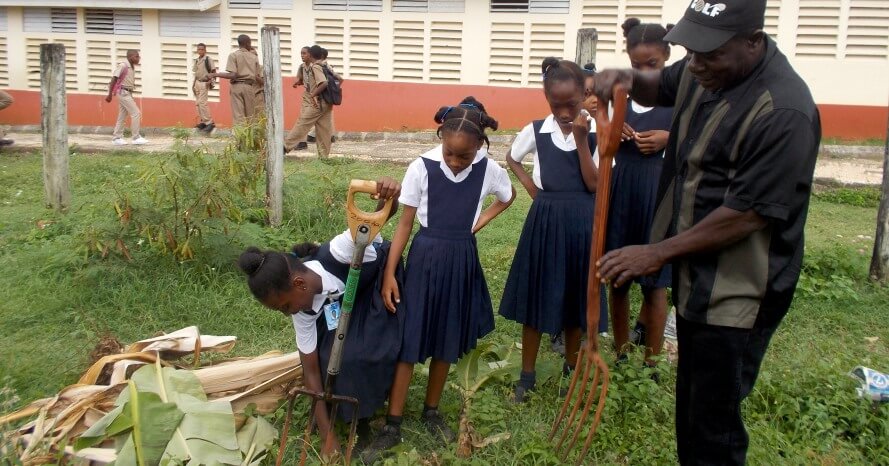
But for me, 4-H has provided a little continuity amid the cultural confusion. Familiar things like the 4-H clover, the pledge and the motto comfort me when I see them every day. Jamaica 4-H is still very traditional by American standards, though. Craft projects and “conventional” agriculture remains the largest part of our mission. I’d love to see Jamaica modernize in the future! Like many social programs in developing countries, Jamaica 4-H faces budget shortfalls and many times we simply don’t have the money to do some programs. So we make do with recycled crafts, donations and support from local businesses. With donations from some of my 4-H contacts at home, we were able to make a set of 4-H pillows and have stickers and balloons for fundraising and marketing, invaluable because you can’t find 4-H merchandise down here!
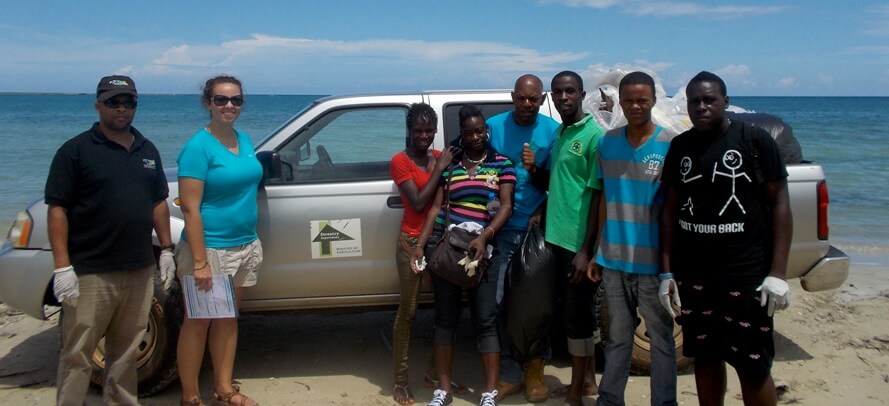
4-H's mission is so universal, so important to youth and agricultural development that I often wonder why it isn’t a bigger part of US foreign policy. Here in Jamaica, 4-H gives rural youth the opportunity to learn about sustainable agriculture, citizenship, microenterprise, and the natural world around them- subjects that aren’t ordinarily taught in school here and will be critical in Jamaica’s development.
Jamaica has a deserved reputation for beautiful beaches, jerk chicken and great coffee, but my year and a half of Peace Corps service has taught me that there is so much more to this tiny Caribbean island. There is desperate poverty just outside of the fancy all-inclusive resorts. But there is also an incredible spirit and hope among Jamaicans. They are thankful every day for what they have and always have a song in their heart. My hope is that Jamaica 4-H touches lives and allows those youth to lift themselves out of the vicious cycle of poverty.
